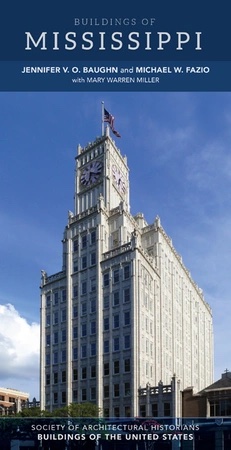
This ceremonial site of the Natchez Indians consists of three prehistoric platform mounds, a plaza, and adjacent habitation sites. The desire of the French commandant at Fort Rosalie to possess the Grand Village spurred the Natchez Indian Revolt that resulted in the deaths of over two hundred French settlers and the destruction of the fort and other French settlement sites. The French retaliated by destroying the Natchez as a nation in 1731. Many Natchez Indians were sold into slavery in the Caribbean, and others escaped and took refuge with other tribes. Today, the site encompasses 128 acres of land along St. Catherine’s Creek. It is owned and interpreted by the Mississippi Department of Archives and History and includes a reconstructed Indian house, a museum, a visitors’ center, and a nature trail.

